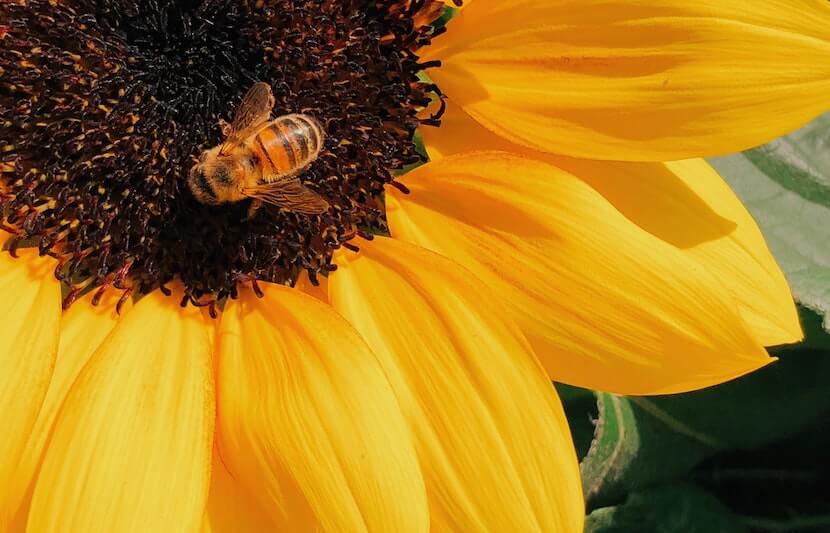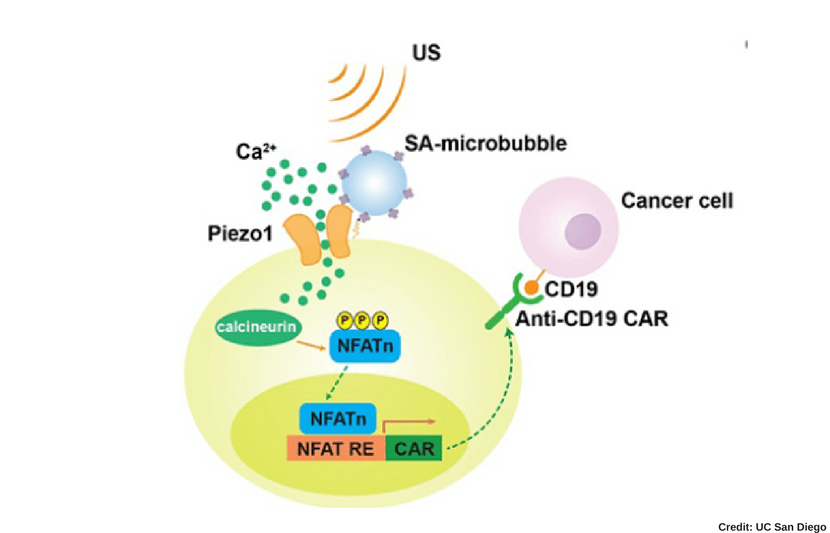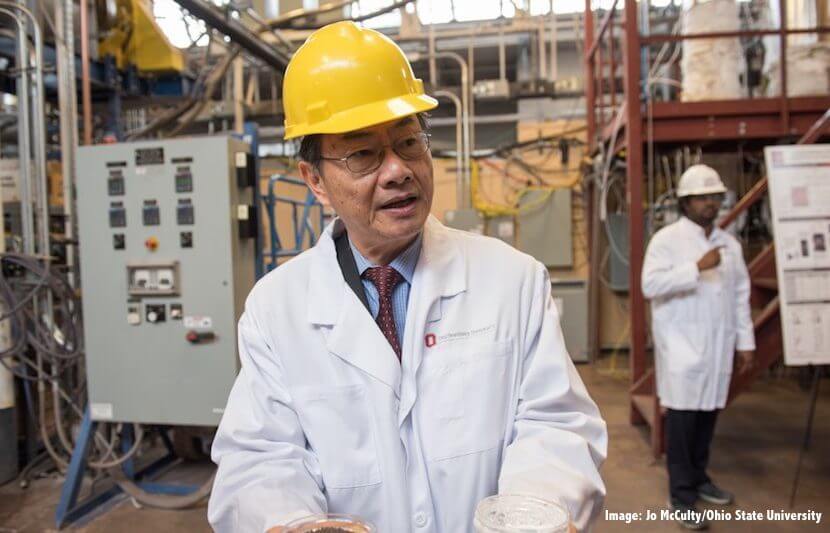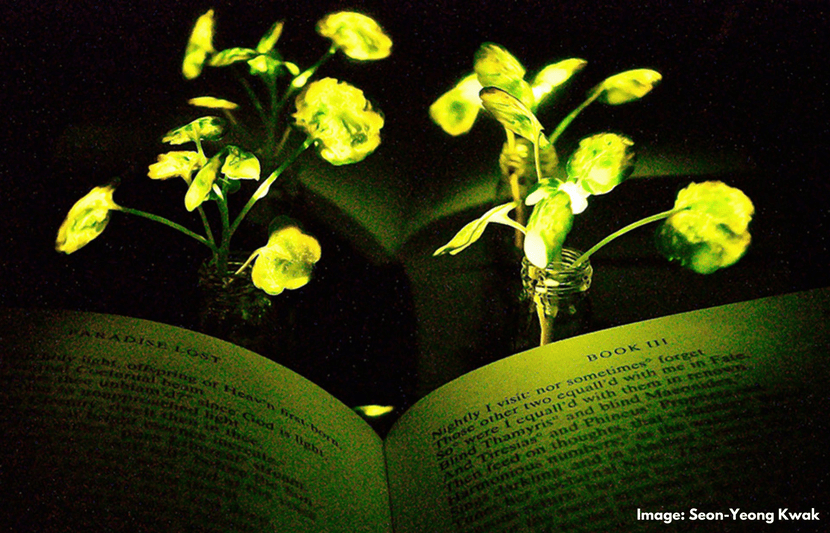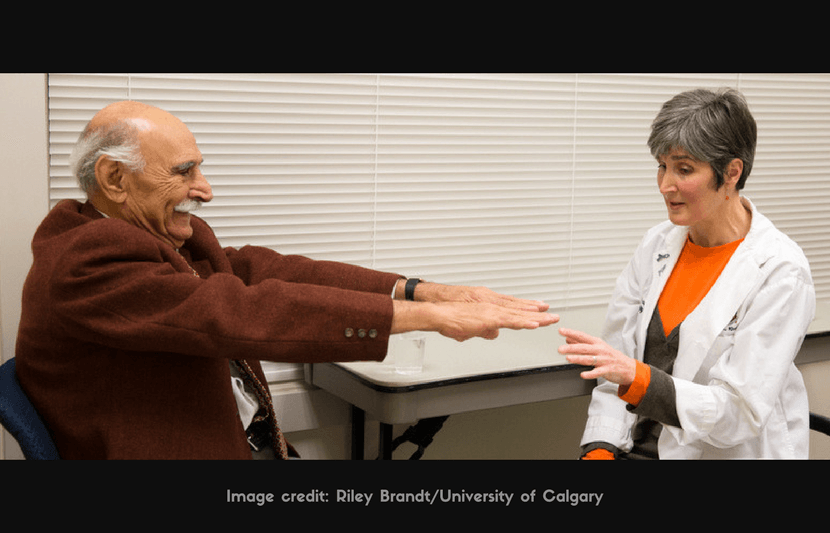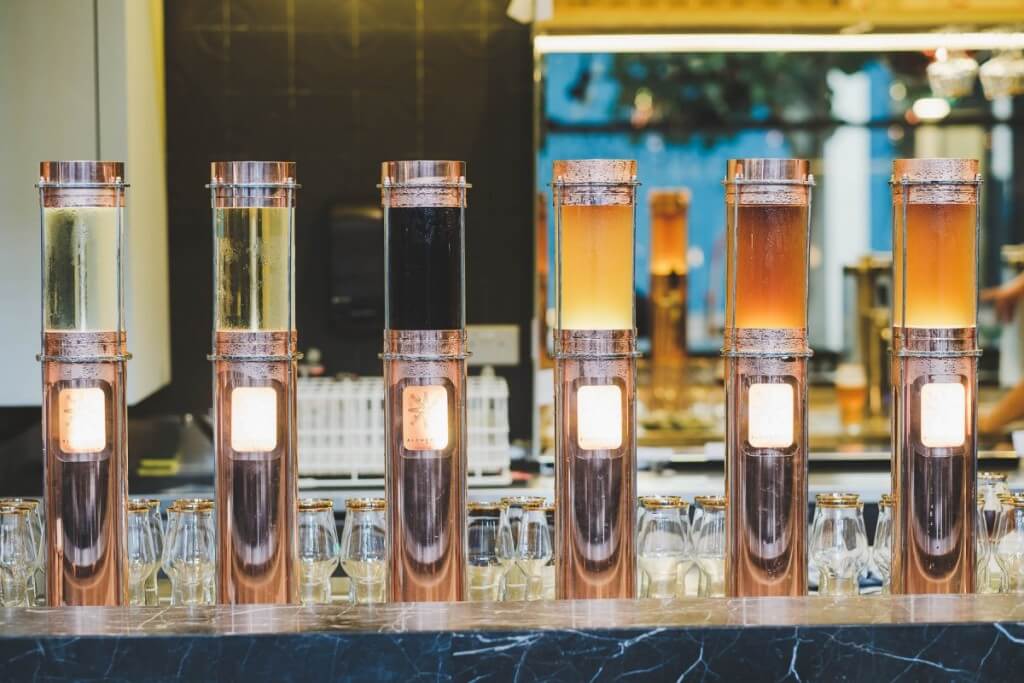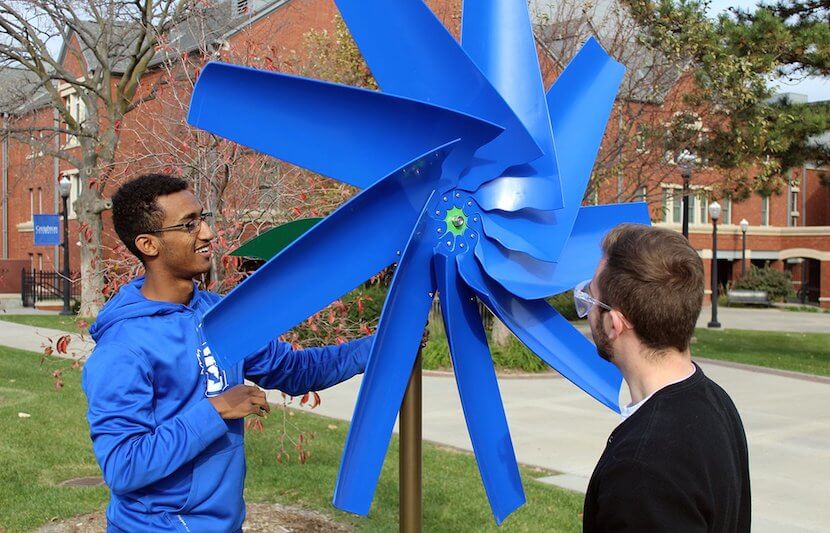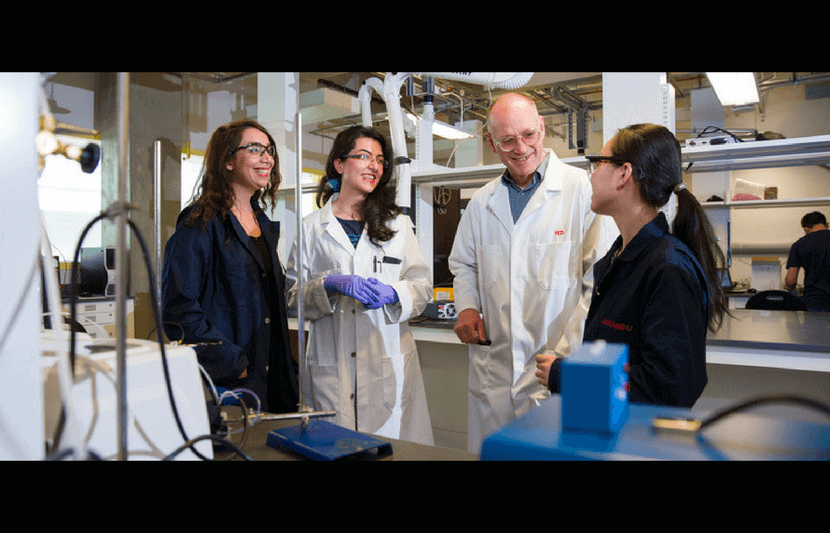-
Why Fewer Women Pursue STEM in More Gender-Equal Countries
A recent study reveals a surprising trend — there are fewer women in science, technology, engineering and mathematics (STEM) fields in wealthier and more gender-equal countries. The study, conducted by a team of researchers from the University of Missouri and Leeds Beckett University, UK, is published in Psychological Science. The researchers have found that countries… Read More
-
Having More Species of Wild Bees Is Beneficial
Pollination increases when there are more species of wild bees, according to a recent study led by Rutgers University. The researchers also found that more species of wild bees are needed for pollination when an area is larger. The paper is published in Science. While previous controlled ecological experiments have linked increased pollination to having… Read More
-
Visualizing Successful Futures Can Help Students ‘Navigate Everyday Stressors’
Researchers at Northwestern University have found that identity-based motivation, or the practice of imagining a successful future for oneself, can help students get past their everyday challenges and stresses. The study was led by Mesmin Destin, associate professor in the School of Education and Social Policy and the Department of Psychology at Northwestern University, and… Read More
-
Brief Exposure to Charismatic Career Women Inspires Young Women to Choose Male-Dominated Field
Top female college students were more likely to consider majoring in economics when exposed briefly to inspiring and charismatic women in the field, according to an easy and inexpensive study led by Danila Serra, assistant professor of economics at the Southern Methodist University (SMU). The study was funded by the Undergraduate Women in Economics Challenge,… Read More
-
Acoustic Tractor Beam Opens Door to Levitating Humans
Researchers from the Department of Mechanical Engineering at the University of Bristol, UK, have developed an acoustic tractor beam that’s so powerful that it could lead to the levitation of drug capsules or micro-surgical implements within the body and even humans. They believe it’s the “world’s most powerful acoustic tractor beam.” The study is published… Read More
-
Innovative Immunotherapy Method Targets and Kills Cancer Cells Remotely
Researchers at UC San Diego, along with others from the University of Southern California and Memorial Sloan Kettering Cancer Center in New York, have developed an innovative immunotherapy method to target and kill cancer cells remotely. This non-invasive method uses an ultrasound-based system to manipulate genetic processes in live immune T cells remotely, so they… Read More
-
OSU’s Fossil Fuel Technology Yields Clean Energy
Engineers at The Ohio State University have developed a technology that can convert fossil fuels and biomass into useful products, such as gasoline and electricity, without emitting carbon dioxide into the air. They believe this will be an important step to allow industries to create clean energy until renewable energy, such as solar and wind… Read More
-
MIT’s Glow-in-the-Dark Plants Could Be Our Light Source Someday
MIT researchers have successfully engineered plants that glow in the dark by embedding the leaves with specialized nanoparticles. This new technology, the researchers believe, could be optimized and lead to plants being our sources of light. So, one day we won’t be needing a desk lamp or streetlights. Instead, we could be reading by the… Read More
-
University of Calgary Researchers Perform Brain Surgery Without Cutting the Skin
Physicians at the University of Calgary, Canada, in partnership with researchers at the Hotchkiss Brain Institute, have successfully performed nine brain surgeries on patients with essential tremor movement disorder without cutting the skin or drilling into the skull. Using magnetic resonance guided focused ultrasound (MRgFUS) technology, the physicians are able to see the brain with… Read More
-
Bristol University Scientists Figure Out How to Turn Beer Into Sustainable Fuel
Researchers from the University of Bristol’s School of Chemistry have successfully turned beer into sustainable gasoline using a new technology they developed. This brings them one step closer to converting ethanol, using beer as a model, into sustainable fuel on an industrial level. A commonly accepted need for sustainable alternatives to fossil fuels for gasoline… Read More
-
Creighton University Students ‘Grow’ Second EnergiPlant to Power Devices
A group of students at Creighton University in Omaha, Nebraska, has successfully built a second EnergiPlant — a photovoltaic system and USB charging station where students can power their devices and socialize on campus. This new EnergiPlant looks like a 12-foot tall metal flower, and was the culmination of the group’s coursework for the university’s… Read More
-
University of Calgary Leads Program to Develop Innovative Renewable Energy Solutions
The University of Calgary in Canada is leading a new, collaborative program that would “prepare students to lead a new kind of energy future.” Two other universities in Canada — the University of Waterloo and the University of Alberta — are also involved in the pan-disciplinary research and training program. The program, which is made… Read More
-
NYU’s Efforts to Encourage More American Students to Pursue STEM Degrees
New York University’s Tandon School of Engineering would like to have more American students enrolled in its graduate science, technology, engineering and math (STEM) programs. To accomplish its objective, the school has recently established a bridge program for college students and invested in a K12 STEM Education program, which is designed to bring training programs… Read More
-
McMaster University Students Win Dyson Award for Melanoma Skin Cancer Detection Device
Four students from McMaster University, Canada recently won this year’s James Dyson Award for the handheld melanoma skin cancer detection device they created. Named the sKan, the device earned the students the prestige of being a Dyson International Winner along with cash prizes of $40,000 for themselves and $6,000 for their university department. The award… Read More
-
Treatment for Superbug ‘Could Lie Within Our Bodies’ Natural Defenses’
Researchers from Queen’s University Belfast and the University of Vienna have recently discovered that the body’s natural defenses could be used to treat Klebsiella pneumoniae, a bacteria resistant to antibiotics. The discovery could not have come at a better time, as this week — November 13-19 — is World Antibiotic Awareness Week. Antibiotic resistance is… Read More



